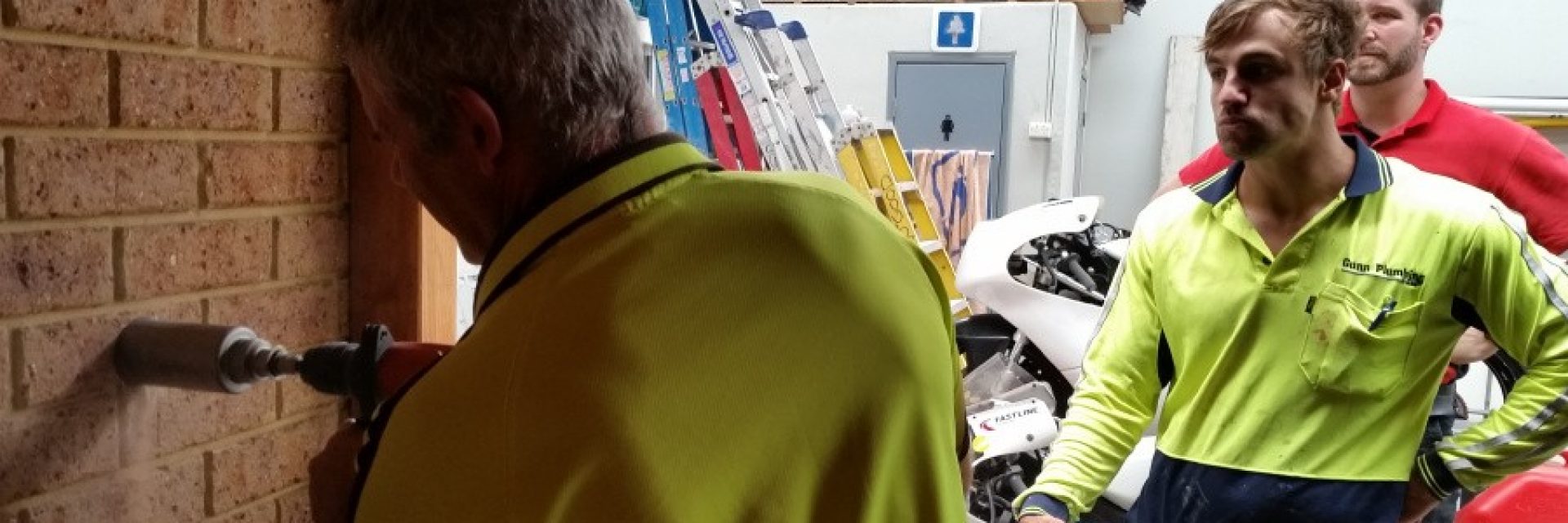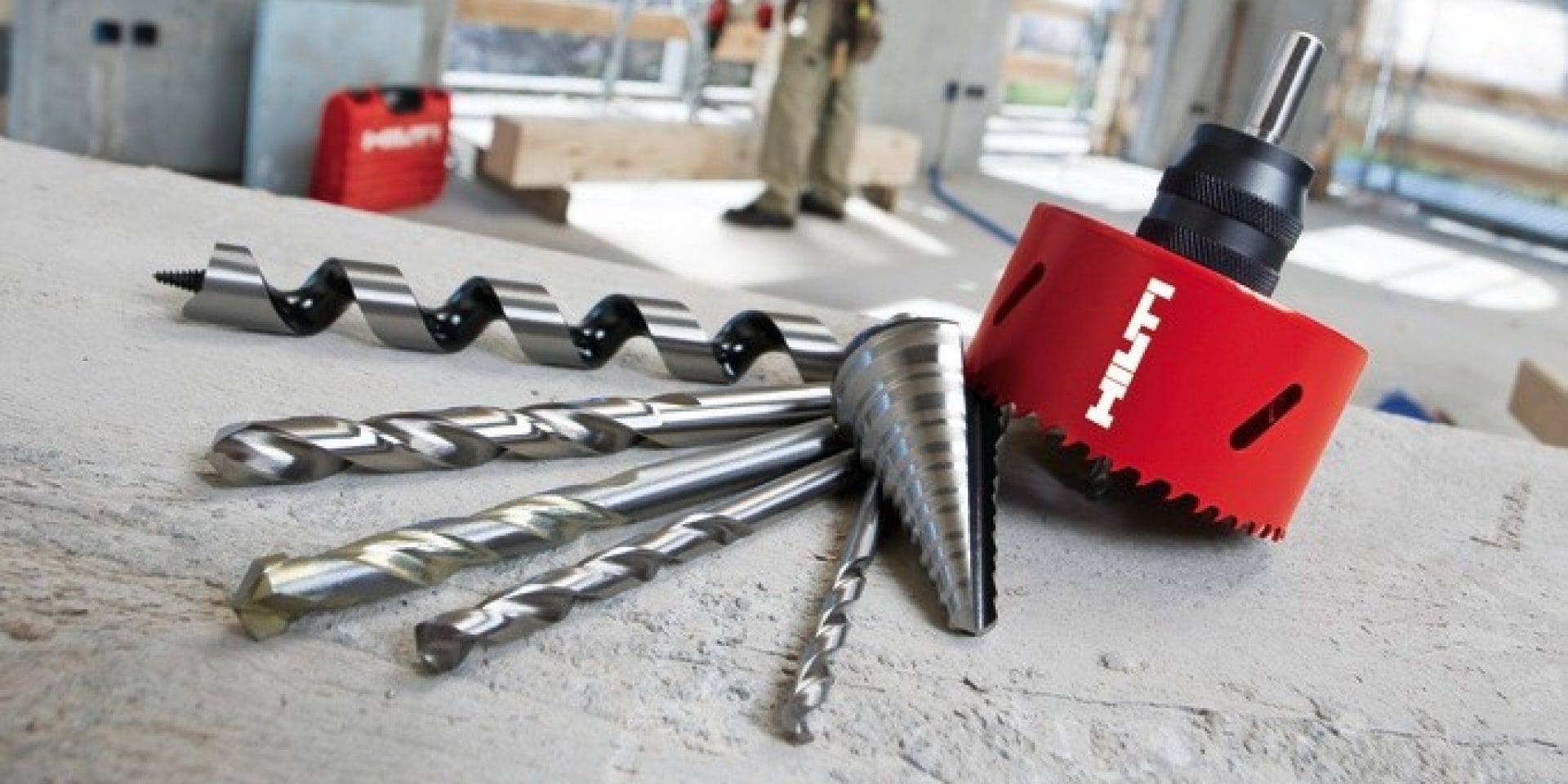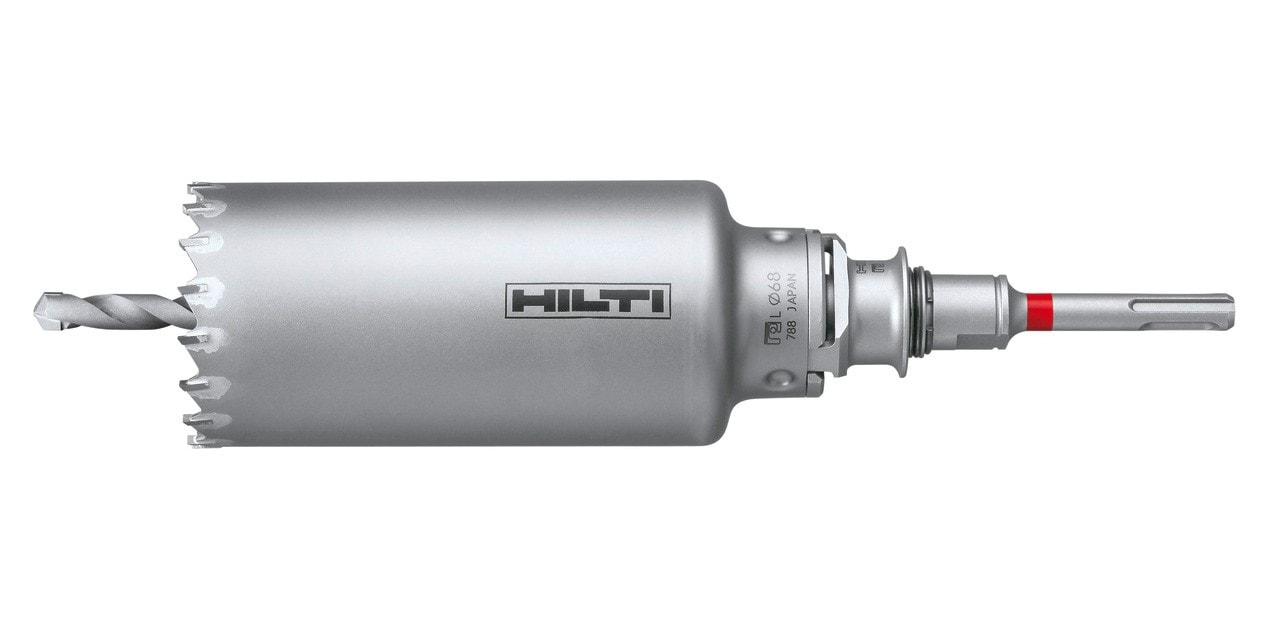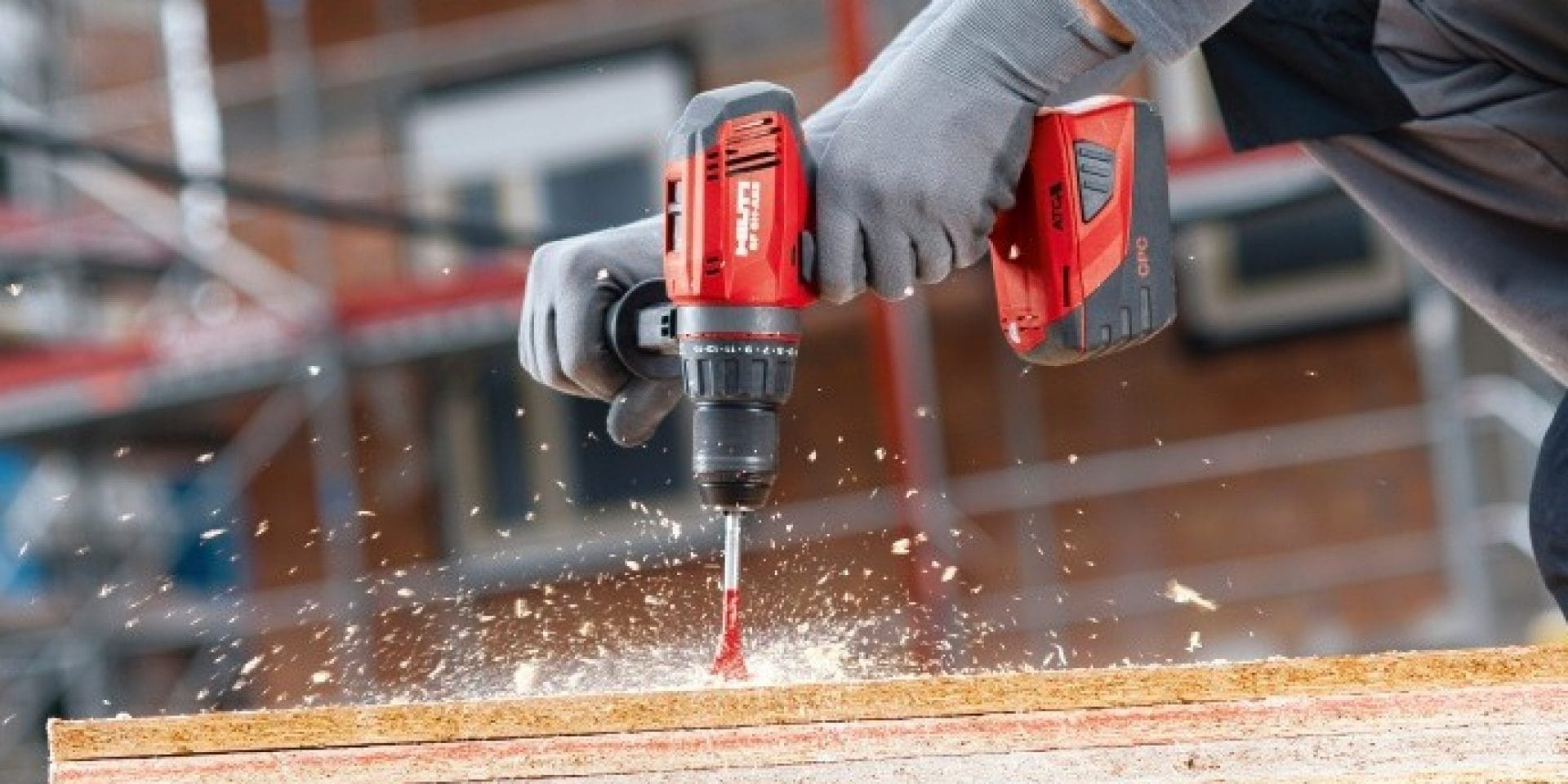How innovative technologies can save time and increase efficiency
Making penetrations for mechanical and electrical services


The trouble with penetrations
There are a few different options you have when trying to make larger holes. You can use a physically bigger drill bit, or a more specialist piece of equipment such as a diamond corer, but all of these methods are still relatively complicated. Hilti Trade Manager Martin Stirling describes the whole process as a "headache," and something that needs to be refined for contractors to work more efficiently.
"It's fiddly, and anything that's got the word 'fiddly' associated with it is time-consuming, and therefore very expensive when you look at labour costs," he said.
Here at Hilti, our focus is on making a difference to your work, and one of the ways that we can do that is by making processes like this one easier and more productive. With this in mind, we've developed a range of products and solutions that allow you to make penetrations quickly through any wall type - be that masonry, plasterboard or concrete.
Some of these are our wide variety of drill bits, which give you all the options you need in terms of hole size, but we've also put a lot of thought into the practicalities of actually making a penetration. For example, dust extraction accessories can be easily mounted to many of our tools, meaning that a big hole can be drilled in a virtually dust-free environment. Not only does this make the drilling easier and safer, but it also limits cleanup time afterwards.
One of the most exciting developments, however, is the upcoming launch of our new percussion core bit, the TE-C-DS.
The Hilti TE-C-DS percussion core bit

The TE-C-DS is a hybrid between a core bit and a hammer drill bit, which allows for large holes to be drilled very quickly with a minimal amount of dust. This bit boasts all of the features you need to make penetrations as efficiently as possible, and we at Hilti are very excited about the impact this product will have on Australian sites.
"It would normally take half an hour for people to make the hole and then put a cable through or put a power socket in," said Martin, "but you can get that down to virtually minutes."
Essentially, what the TE-C-DS offers to contractors are immense time savings. This benefits you, as you can get more work done, along with your clients who don't have to pay for time spent drilling holes.
Martin describes this drill bit as "revolutionary," and it's easy to see why. There are other products out there, namely diamond hole saws and corers, that can perform a similar function, but these are either messy (when using water), or very time consuming.
“If contractors are forced to make a compromise between speed and long cleanup times, then we don't believe that the solution is satisfactory, and the TE-C-DS provides the best of both worlds,” he summarised.

